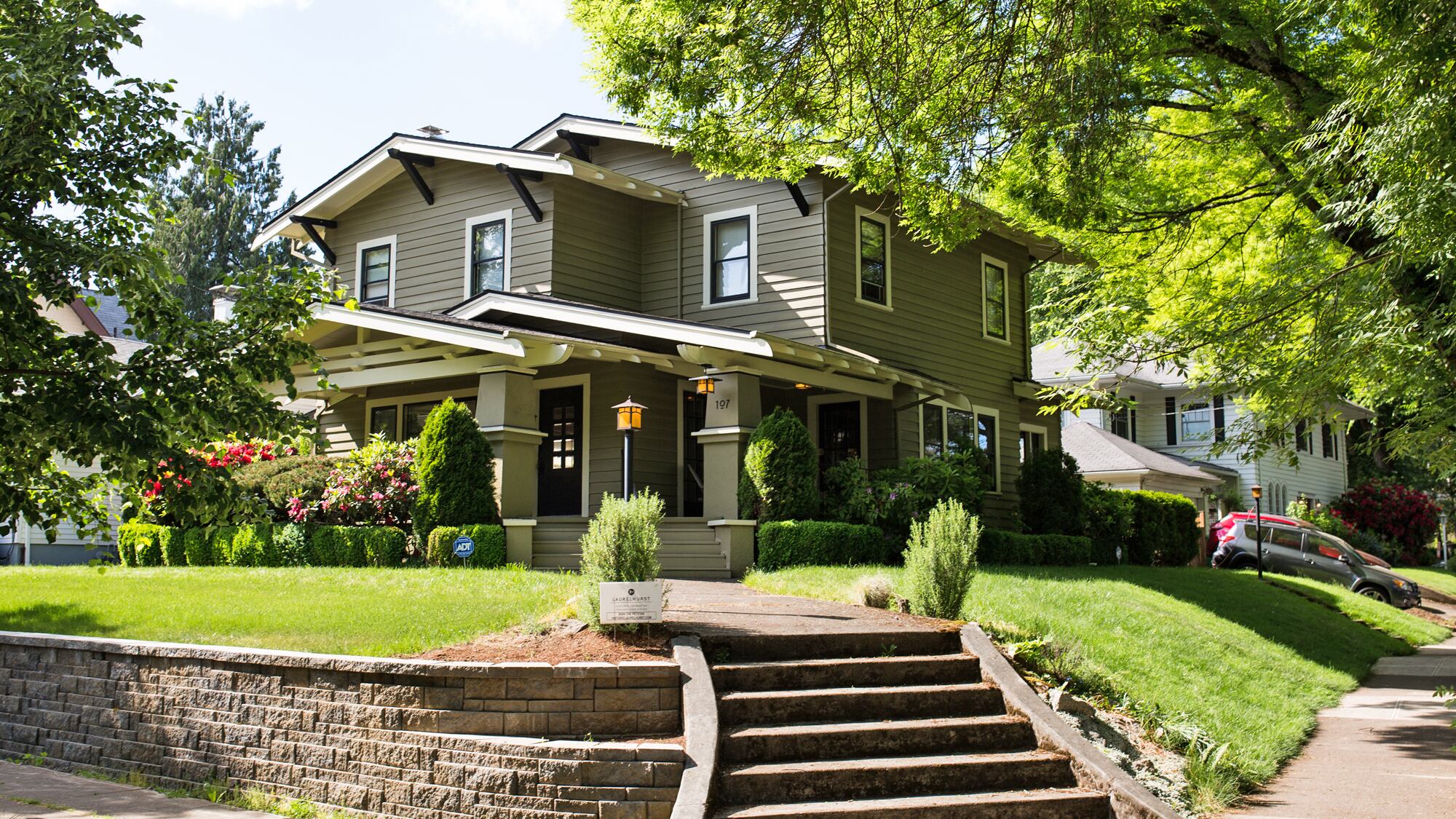On March 11, the Oregon Legislature held a public hearing on House Bill 3349, which if passed would take a big step toward slowing the growth of the gap between rich and poor in Oregon.
State economists recently released a study showing that gap is wider than it's ever been. Part of the reason is a tax code which subsidizes home ownership, while providing fewer subsidies to low income Oregonians who need them most.
Here are the particulars on the bill.
Chief Sponsors: Rep. Alissa Keny-Guyer (D-Portland), Sen. Shemia Fagan (D-Portland), Rep. Julie Fahey (D-Eugene), Sen. Jeff Golden (D-Ashland), Sen. Elizabeth Steiner Hayward (D-Portland).
What Problem it Seeks to Solve: At a time when Oregon faces a housing crisis, the mortgage interest deduction provides enormous subsidy—nearly $500 million a year in Oregon taxes foregone—to homeowners, who are disproportionately well off. And the more houses you own, the more tax deductions you get. The mortgage interest deduction provides incentive to build expensive homes and own second homes, crowding out marginal buyers in hot markets such as in Portland and on the coast.
What the Bill Would Do: House Bill 3349 would limit the deduction of mortgage interest to only the homeowner's primary residence. The homeowner would not be able to claim deductions for any other properties he or she owns. The new revenue from cutting the deduction—as much as $75 million a year, according to the Oregon Center for Public Policy—would be dedicated to affordable housing.
Who Supports It: Advocates for more fair taxation, such as Portland resident Sylvia Allen and broker Chris Bonner; economists who think the current law benefits the rich and discourages affordable housing; Oregon Center for Public Policy; landlords.
"There is a common misconception in our society today that community members with the least means receive the greatest percentage of government support for essentials like housing," said Shannon Vilhauer of Habitat for Humanity, who testified in a public hearing for the bill. "In fact, the highest income earners in the United States receive the most housing subsidy."
Who Opposes It: Second homeowners; The Oregon Association of Realtors.
"At a time when housing is becoming more unaffordable for all Oregonians, it's difficult to imagine why the legislature would want to make that worse for a certain segment of the population," says Shaun Jillions of the Oregon Association of Realtors.
Jillions says the promise to re-allocate revenue saved from cutting the deduction directly to increase affordable housing is not legally binding. "There's no guarantee that the money will go anywhere but the general fund," Jillions says.
For now, the bill remains in the House Committee on Human Services and Housing.

